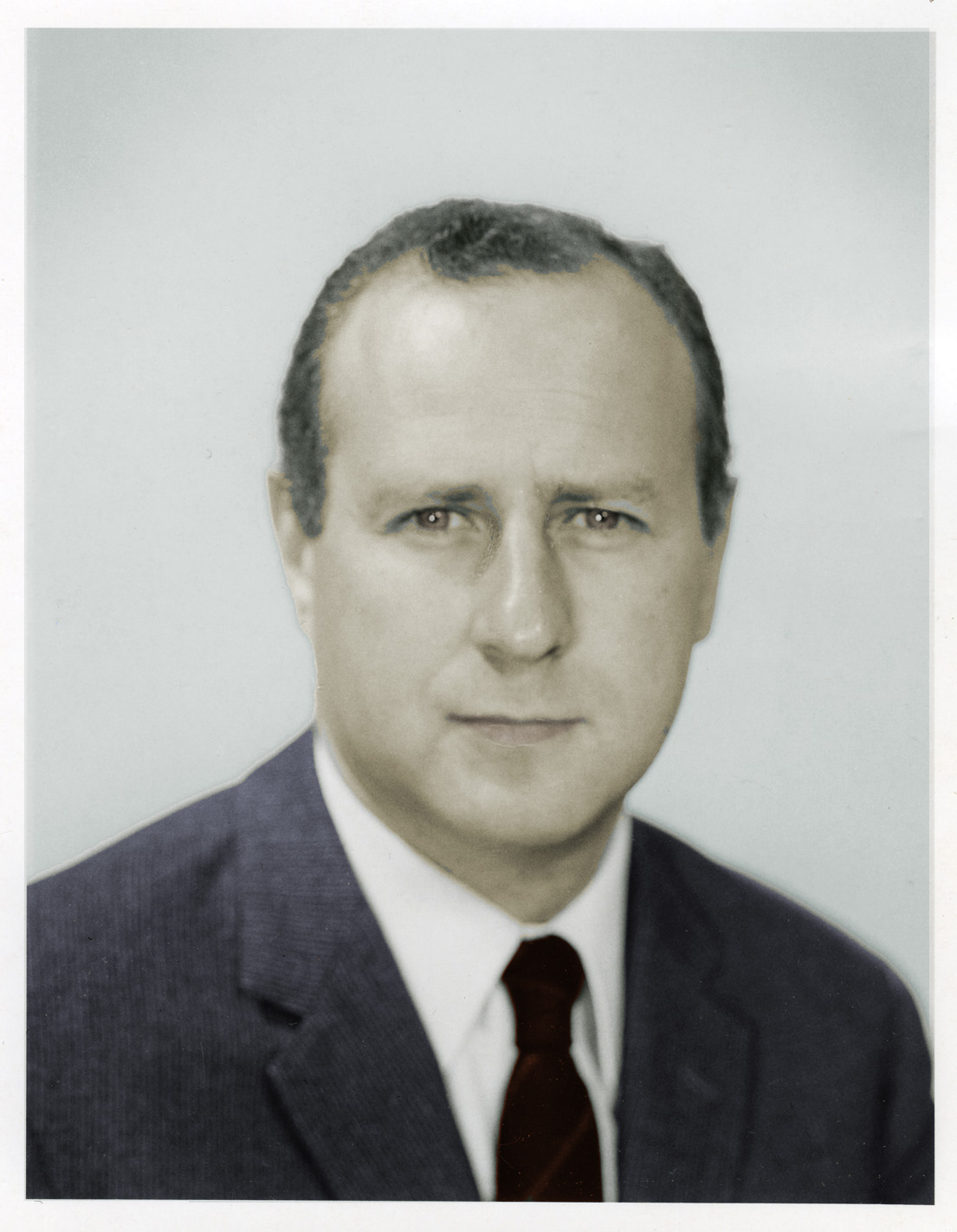Levi E. Taylor Daybook
The wheelwright Levi Ely Taylor was born in Longmeadow, Mass., on Nov. 17, 1795, the son of Nathaniel and Jerusha Taylor. Marrying a woman from Rocky Hill, Conn., Laura Peirce, he settled in Longmeadow and built a prosperous life for himself in his trade. His eldest son, Newton, followed him into the business.
Taylor’s daybook contains careful records of a wheelwright from Longmeadow, Mass., documenting his varied work in the repair of carriages. The transactions that appear in the volume range from making whiffletrees to shortening wheels, making and fitting out carriage seats, and painting and varnishing vehicles, with occasional forays into selling goods such as wheelbarrows and straw cutters.


